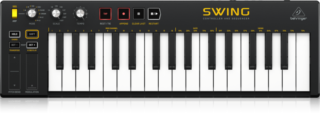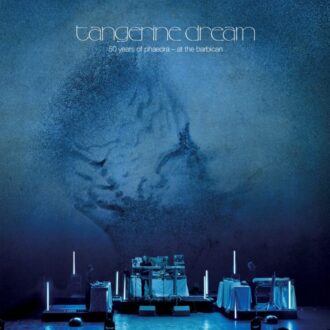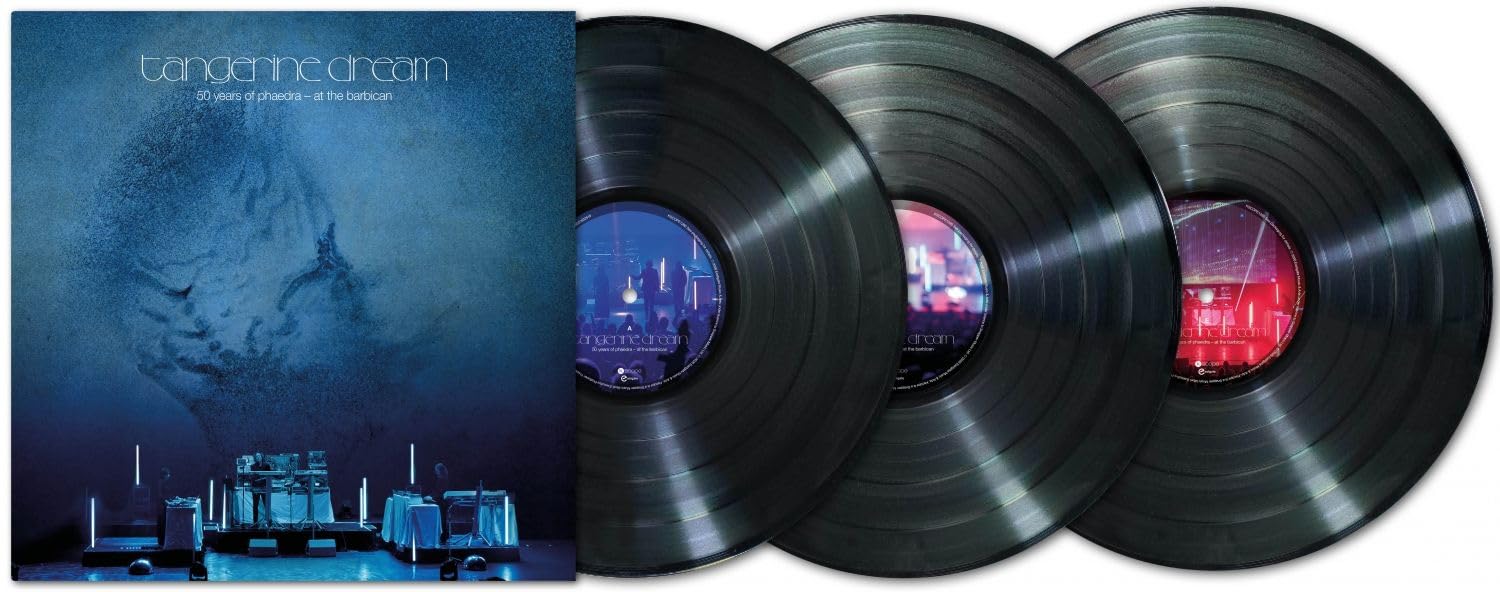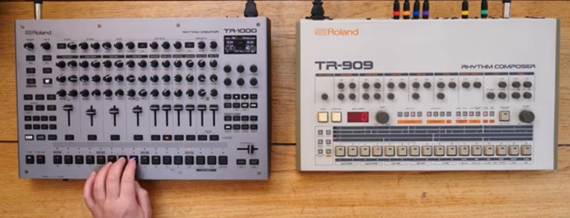Supreme Court Rules Trump Tariffs Illegal, But Don’t Hold Your Breath On Getting Your Money Back

The US Supreme Court today made news by determining that that President Donald Trump violated federal law when he unilaterally raised taxes for Americans by imposing massive tariffs on imports from around the world.
Conservative Chief Justice John Roberts’ opinion states that allowing Trump to impose taxes, without clear congressional authority, is an “existential threat” to the existence and prosperity of the country.
Trump responded by criticizing the Court as “lap dogs for RHINOS and the radical left” and “very unpatriotic and disloyal to our Constitution.” He also announced that he will be imposing a new 10% global tariff, and that the administration will not be refunding the taxes that Americans have paid.
The Trump Administration’s tariffs have been a controversial topic for musicians since they were announced last year. And musicians have seen gear prices jump, and it’s often clear that the tariffs were the cause.
Last year, the National Association Of Music Merchants warned that the tariffs would raise instrument prices and hurt music manufactures and retailers. And – while the administration has promised that other countries are paying the tariffs – many found that prices at US retailers were suddenly much higher than prices at European retailers.
While many companies avoided discussing the tariffs to avoid the minefield of opinion that has accompanied them, a few have been upfront about the tariff’s impact.

The Behringer Swing is currently priced around $75 in Europe, but is listing between $129 to $169 in the US.
Sonicware – maker of the Liven line of synths – updated its site to show the impact of the Trump adminstration’s tariffs. Roger Linn announced last year that he had to raise prices on his products because of the tariffs and inflation.
Even Behringer has quietly pointed this out. Last year, they started listing their international product prices in US dollars – with US prices often 30% higher.
A less obvious impact of the tariffs is that they have caused a significant slowdown in US gear manufacturing.
US manufacturers can’t predict what their component costs will be in a month, so they’re taking less risks and introducing fewer new products. One manufacturer told us last year that they’d made a large PCB order and that – by time it shipped – their cost had more than doubled, because of the tariffs. Companies like Future Retro have put some new product plans on hold, because of the uncertainty the tariffs have created.

The 2026 NAMM Show was smaller than in recent years, because fewer companies had new products to introduce.
This slowdown was reflected at the 2026 NAMM Show, which was much smaller than it has been in recent years. Organizers eliminated the basement booths, closed off parts of the remaining floors and reduced the Show from four days to three.
While there were many interesting new introductions this year, many gear makers skipped the show completely, because they did not have anything new to introduce.
What Happens Now?
Politicians on both sides of the aisle have praised the Court’s decision.
Sen. Mitch McConnell, R-Ky said “The use of the International Emergency Economic Powers Act to circumvent Congress in the imposition of tariffs….isn’t just bad policy, – it’s illegal.”
And Sen. Rand Paul, R-Ky released a statement, staying “The Supreme Court defended the Constitution by rejecting the use of ‘emergency’ powers to impose taxes. Tariffs are taxes and the power to declare them belongs to the Congress.”
Democrats went further, with Sen. Elizabeth Warren D-Ma. saying “No Supreme Court decision can undo the massive damage that Trump’s chaotic tariffs have caused. The American people paid for these tariffs and the American people should get their money back.”
Politicians appear to be responding to economic reality and public opinion.
When Trump introduced his tariff plans last April, economists predicted that they would lead to slowing growth, high prices and fewer jobs. The most recent numbers from the US Commerce Department confirmed this, with GDP dropping to 1.4%, inflation rising to 3%, and unemployment rising.
These trends are reflected in public opinion. According a recent poll by Fox News, 63% of registered voters disapprove of Trump’s handling of tariffs, and 65% disapprove of the administration’s response to inflation.
Don’t Hold Your Breath….
While Trump’s tariffs are historically unpopular and the Supreme Court has declared many of them to be illegal, the decision doesn’t roll back all of Trump’s tariffs.
Taxes on some items – including semiconductors -have been imposed using different justifications. And Trump has responded to the Court’s decision by announcing a new global tariff tax of 10% on imports on just about everything else.
And, if you’re an American hoping to get back some of the estimated $1,700 you’ve paid because of these tariffs, don’t hold your breath. Trump has no plans to refund the money, and economists are predicting a long legal battle over the refunds.
Unfortunately, these things add up to continued chaos in the economy, challenges for manufacturers trying to make plans for the future, and higher prices for US consumers.
It’s likely to take weeks, if not months, for US gear manufacturers and retailers to understand what their new costs will be for importing components and products. Even when this becomes clear, US companies are likely to be paying much more than their international competitors for imported components, because of Trump’s tariffs. Because of this, we expect that it will be several years before the music gear industry recovers.
And – for the gear that retailers have in stock, don’t expect price drops. That stock was purchased with the higher taxes in place, and retailers have no promise of getting a refund. So, it’s unlikely that we’ll see gear prices drop in the near future.
TL;DR Version: US gear prices probably won’t drop in the near future.
What do you think about the Supreme Court’s decision? Have the tariffs affected your gear plans? Let us know in the comments!




